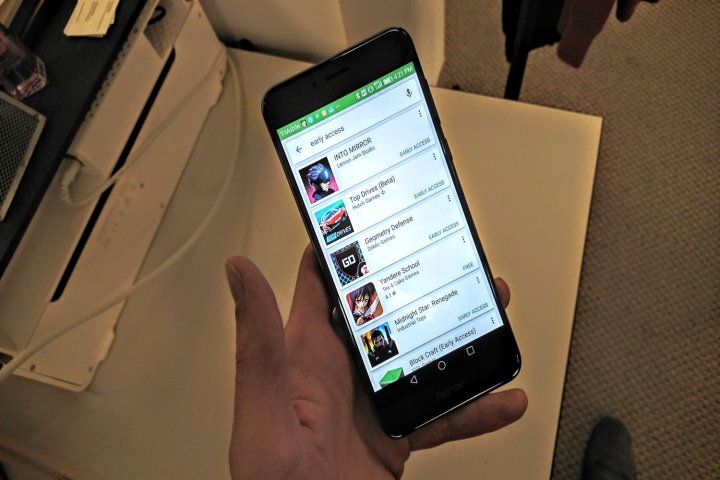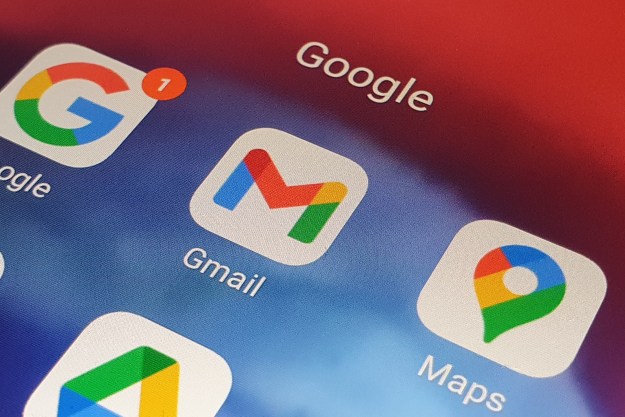
Google launched Early Access, a component of the search giant’s Play Store marketplace of mobile apps, in March as a way of easing onboarding. Previously, from a user perspective, enrolling in a beta or preview was a bit of a pain — it usually required joining a group on Google’s social network, Google+, or downloading and installing an app manually. But Early Access dispensed with all that, adding new buttons in app listing pages that allow users to enroll in preview and beta programs from directly within the Play Store.
The program added a new Beta tab within the Play store, too, which made it easier for users to track of the betas and preview programs in which they were taking part. And it introduced private forums for beta testers — previously, it wasn’t always easy to discern which version of an app a given user had installed.
Arguably Early Access’s biggest benefit, though, is a favored position in the Play Store. Apps that offer a beta or preview are eligible for inclusion in the Play Store’s Early Access collection — a selection of apps with prominent placement on the Play Store’s splash screen. Apps were historically featured at Google’s discretion, but now, the search giant’s implemented a more democratic system: Developers can nominate their app or game for consideration. Google offers no guarantee they’ll be featured, but it certainly won’t hurt chances.
Early Access is a resounding success, apparently — Google said beta apps have been installed more than one million times. And it’s not difficult to see why. In addition to the user-facing improvements, Early Access shipped with Firebase Test Lab, the Mountain View, a cloud-based platform that lets developers test apps on virtual devices. And it does a lot more, besides: It automatically summarizes Play store reviews, highlights factors potentially contributing to an app’s success (or failure), and compares metrics to those of competitors. It also added the ability to sort app downloads by country, demographic, and benchmarks — an invaluable tool for developers who sell apps across markets.
Increased demand for granular metrics has unsurprisingly coincided with meteoric growth in apps — the Google Play store and Apple App Store alone host more than 2 million listings each. It’s no surprise, then, that new apps have a tendency to become quickly buried, a problem Apple, for one, is attempting to combat with a change in App Store policy that’ll see outdated and “nonfunctional” apps promptly removed. Google’s approach is more curatorial in nature, but it appears it’ll have the intended affect: putting apps in front of eyeballs that they’d otherwise never reach.
Editors' Recommendations
- Google wants you to know Android apps aren’t just for phones anymore
- Google Play Store now offers third-party app payments, but only for some users
- Google faces lawsuit over controversial Play Store change
- Google ditches Play Movies app in favor of Google TV
- Google Play Store removes info on apps’ most recent update


